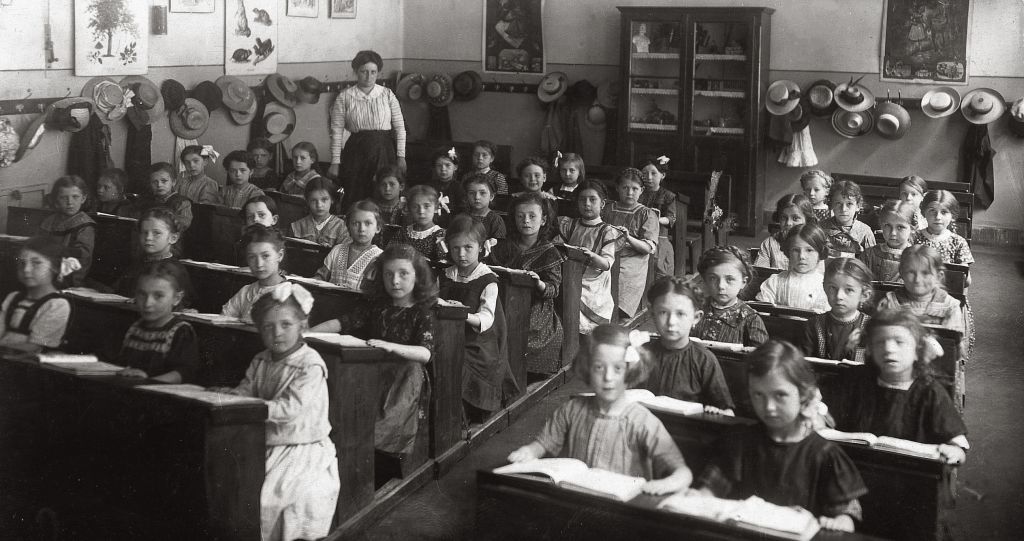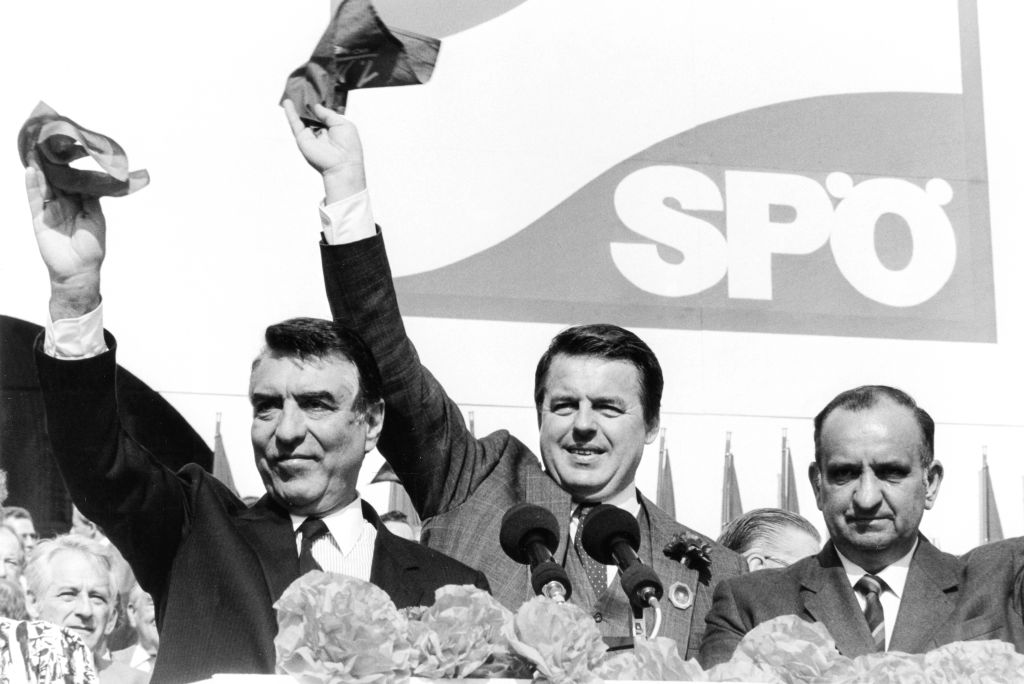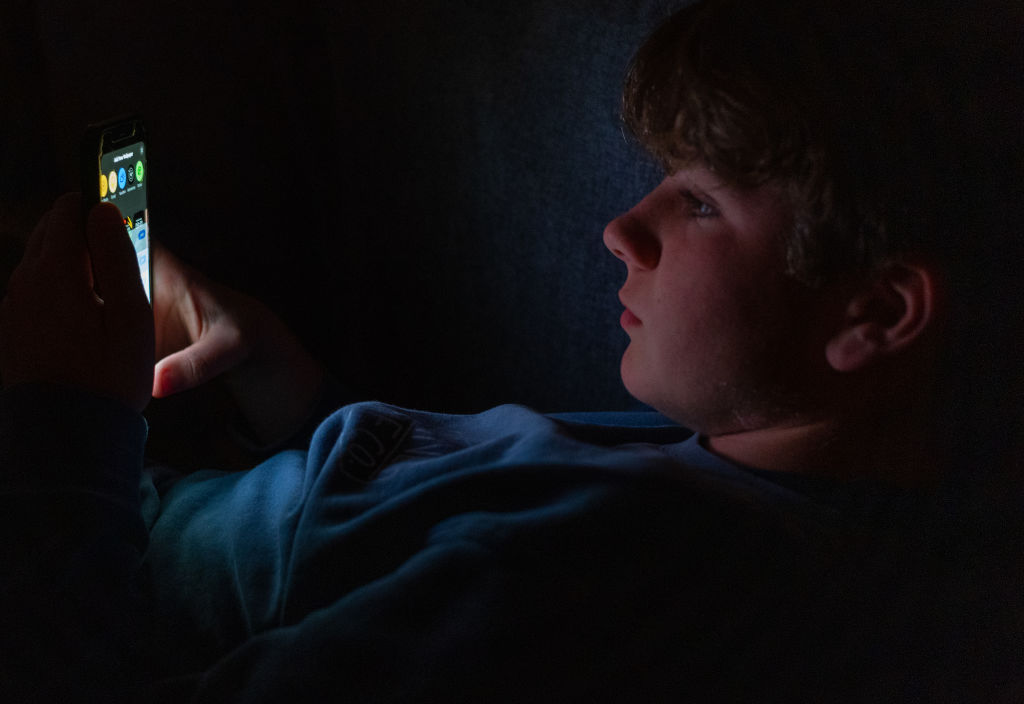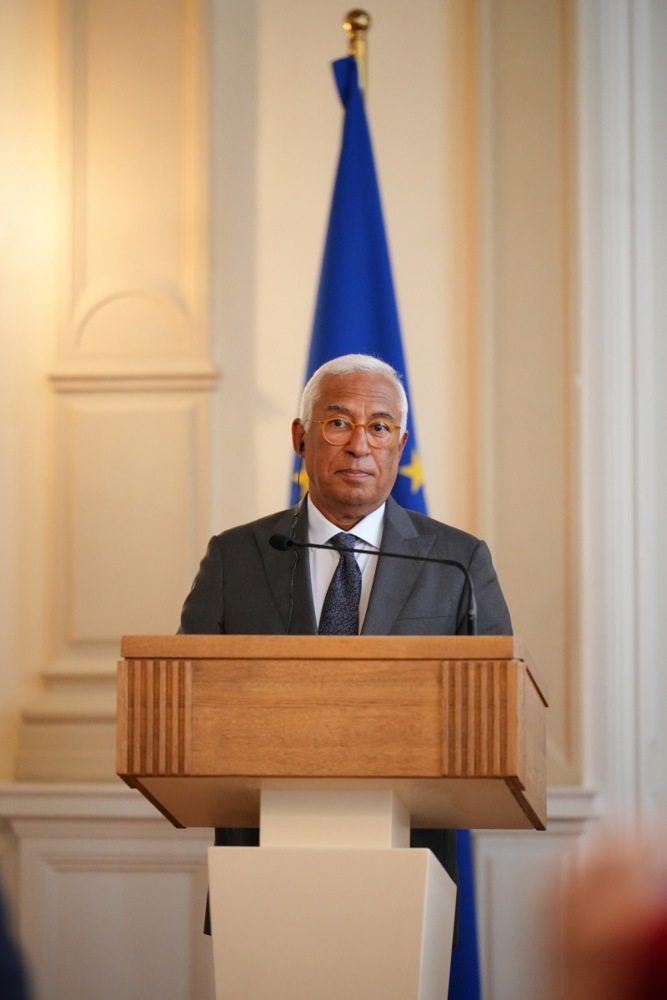The Austrian Government has proposed measures to tighten online freedom and access to social media.
The suggestions followed a shooting spree at a school in Graz on June 10 in which 10 pupils and teachers were murdered.
The perpetrator, Arthur A (21), who shot himself dead after the attack, reportedly used social media to glorify school massacres such as the US Columbine high school shooting spree in 1999.
On June 17, Alexander Pröll, undersecretary to Austrian Chancellor Christian Stocker (Austrian People’s Party, ÖVP) announced that the government was working on introducing age checks for social media platforms that might involve mandatory user identification.
Most probably, Austria would ban the use of social media for under-14-year-olds, perhaps even for those under the age of 16, observers said.
One idea being examined to check the age of users was to use Austria’s State-provided online identification app ID Austria to gain access to social media.
ID Austria is an app through which Austrian residents can use their phone to officially sign documents, access government services and identify themselves in case of police checks.
This would mean that, along with the age check, users would also have to clearly identify themselves to gain access to social media.
Previously, undersecretary to the interior minister Jörg Leichtfried (Social Democrats, SPÖ) had publicly demanded a quick tightening of the legislation.
On June 16, he said: “Nowadays, radicalisation does not happen anymore in dark back rooms, but on the smartphone”, reported Austrian newspaper Kronen Zeitung.
The Graz massacre was also giving to new urgency to a long-time plan of interior minister Gerhard Karner (ÖVP), the so-called “federal trojan”: A computer program that would give the police the option to monitor the communication of suspects on social media and messenger apps.
On June 18, the coalition government of ÖVP, SPÖ, and the small Liberal Neos party, approved a proposal for a law allowing the creation of such a program.
The idea has long been contentious, seen by many as as an unjustified intrusion of privacy by the State with doubtful benefits in terms of preventing crime and terrorism.
Michael Schnedlitz, Secretary General of the opposition Austrian Freedom Party (FPÖ) said June 18 was “a dark day for freedom in Austria”, criticising the planned “federal trojan” as “the first step toward total digital surveillance of the population”.





